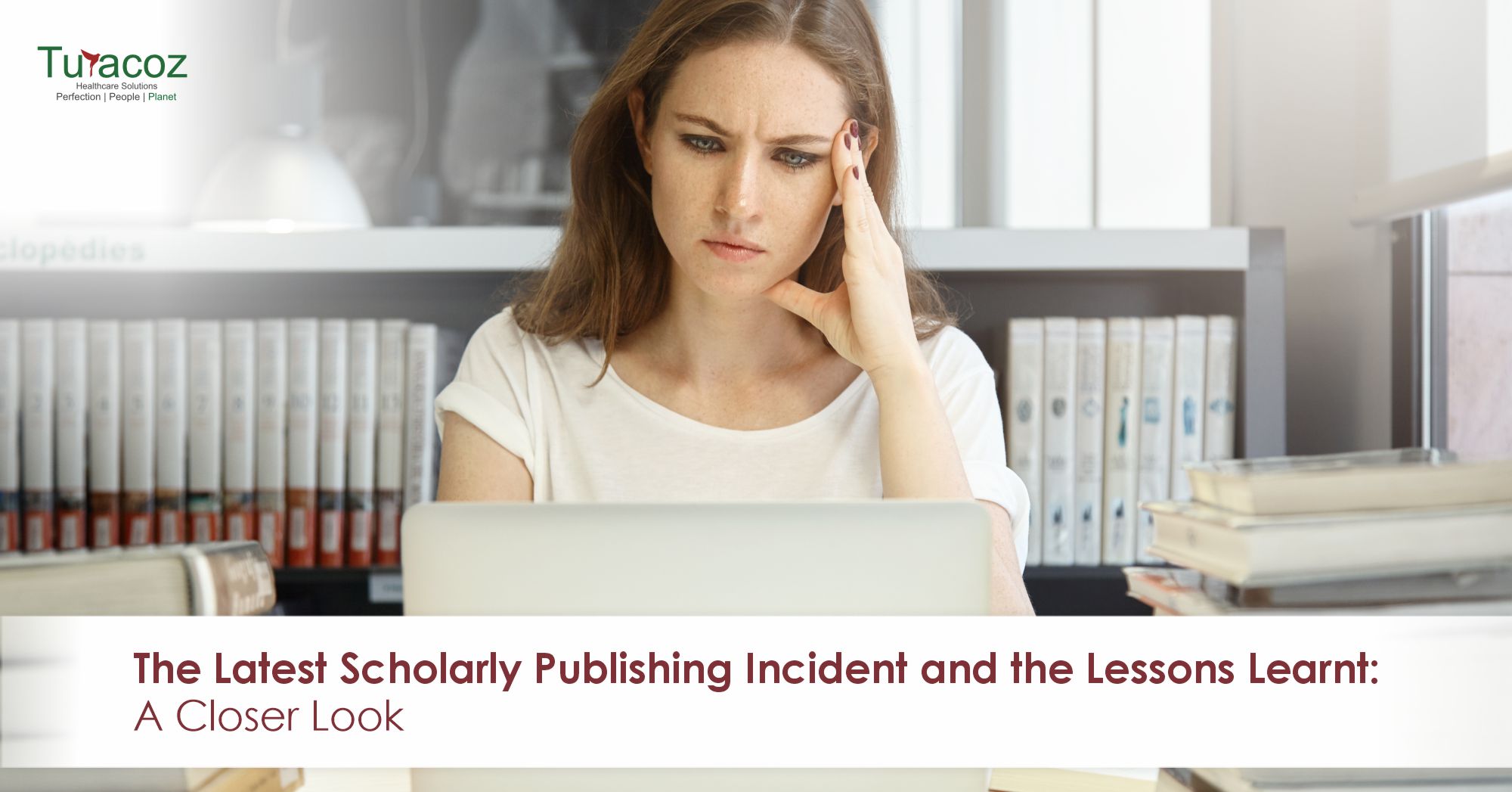In a recent and unprecedented event, the esteemed open-access journal, Frontiers in Cell and Developmental Biology, found itself at the center of controversy. The journal, known for its rigorous peer-review process and contribution to scientific knowledge, faced fierce criticism on social media for publishing an article that included anatomically incorrect rat testicles and sperm cell images generated by the AI tool Midjourney, accompanied by gibberish descriptions. The paper was published on 13th Feb 2024.
This incident, involving the article titled “Cellular functions of spermatogonial stem cells in relation to JAK/STAT signaling pathway,” underscores the complex challenges and responsibilities of integrating AI into scientific research and publication.
Researchers and the broader scientific community were quick to spot the inaccuracies and nonsensical nature of the AI-generated figures within the publication. The imagery, purportedly depicting rat testicles and sperm cells, bore clear signs of being fabricated by an AI image generator, lacking anatomical correctness and coherence. The swift response from the scientific community on social media platforms, particularly on social media network X, highlighted the vigilance of readers and the importance of community feedback in maintaining the integrity of scientific literature. It also brings forth the silent contributions made by medical writers who were the first to spot the erroneous images in the publication.
Journal’s engagement with the community through its verified account on X revealed an openness to critique: “We thank the readers for their scrutiny of our articles: when we get it wrong, the crowdsourcing dynamic of open science means that community feedback helps us to quickly correct the record.” This acknowledgment led to the prompt retraction of the article from their website and the issuance of a retraction notice. The notice clarified that the article “does not meet the standards of editorial and scientific rigor for Frontiers in Cell and Development Biology; therefore, the article has been retracted.”
Reflections on Responsible AI and Scientific Rigor
This incident is a critical reflection point for the scientific community and AI developers. It highlights the necessity for responsible AI development and usage, especially in fields that rely heavily on accuracy and ethical considerations, such as medical research and scientific publication. Turacoz Healthcare Solutions, with its commitment to excellence in medical writing services, science communication, and research and academic writing, recognizes the importance of this dialogue.
The Limitations of AI in Scientific Accuracy and Integrity
- Inherent Risks of Misinformation
The incident with Frontiers in Cell and Developmental Biology vividly illustrates how AI, despite its advanced capabilities, can produce misleading or inaccurate content. AI-generated images of anatomically incorrect mammalian testicles and sperm cells, accompanied by inaccurate descriptions, are a testament to the risks of misinformation. These risks are particularly alarming in scientific research, where accuracy is paramount. Turacoz Healthcare Solutions mitigates these risks by providing expertly crafted content that upholds the highest standards of scientific accuracy and integrity. Whilst AI integration into work is inevitable but human intervention is of utmost importance, this is precisely where our medical writing services play a vital role.
- Lack of Contextual Understanding
AI algorithms, though sophisticated, lack the nuanced understanding of context and the specialized knowledge that medical writing and science communication demand. The generation of nonsensical images in a reputable scientific publication underscores this limitation. Professional medical writers and communicators, in contrast, bring a deep understanding of the subject matter, ensuring that the content is both accurate and contextually appropriate.
The Role of Peer Review
The indispensable role of peer review in maintaining the integrity and quality of scientific research is a cornerstone of the academic world. This rigorous process acts as a critical checkpoint before research findings are shared with the wider scientific community or published in scholarly journals. Its importance in safeguarding scientific integrity, especially in the era of rapid technological advancements and the increasing use of AI in research, cannot be overstated.
However, the incident in question highlights a critical challenge posed by the integration of AI into scientific research: the potential for AI-generated content to introduce inaccuracies or biases into the scientific record. Effective peer review processes are essential for scrutinizing AI-generated content. Peer reviewers, traditionally experts in their field, must be adept at understanding and evaluating the outputs of AI tools. This means they need to be equipped with not only their domain-specific knowledge but also a robust understanding of AI methodologies, potential sources of error, and the nuances of how AI interacts with traditional research processes.
Advancing Responsible AI in Research
The path forward involves a collaborative effort to ensure AI’s responsible integration into scientific research. This includes:
- Establishing clear guidelines for AI-generated content in scientific publications.
- Training researchers and peer reviewers to critically evaluate AI-generated data.
- Encouraging transparency from authors regarding the use of AI in their research.
The Value of Expert Medical Writing Services
- Ensuring Editorial and Scientific Rigor
The retraction notice from Frontiers highlighted a failure to meet the “standards of editorial and scientific rigor.” Our team of experienced medical writers and editors is adept at ensuring that all content meets the stringent requirements of scientific publication, from initial draft to final submission. We provide a critical layer of scrutiny that AI alone cannot.
- Navigating Ethical Considerations
Ethical considerations are at the heart of scientific communication, particularly in sensitive fields like healthcare and medicine. The use of AI in generating scientific images or data without proper validation can lead to ethical dilemmas and credibility issues. We prioritize ethical standards in all our services, ensuring that the content not only informative but also respects the ethical boundaries of scientific research.
- Customization and Personalization
AI’s one-size-fits-all approach falls short of meeting the specific needs of individual research projects or publications. We offer tailored medical writing and science communication services that cater to the unique requirements of each client. Our ability to personalize content, adapt to different scientific audiences, and align with specific publication goals is something AI cannot replicate.
The Role of Human Expertise in Advancing Scientific Knowledge
- Critical Thinking and Creative Problem-Solving
The generation and communication of scientific knowledge require more than just data processing; they demand critical thinking and creative problem-solving skills. These human attributes enable medical writers and communicators to interpret data accurately, draw meaningful conclusions, and present information in innovative ways that engage and inform diverse audiences.
- Building Trust through Expertise
Trust is paramount in scientific communication. The retraction incident highlights how quickly trust can be eroded when standards are not met. We build trust with clients and their audiences through expert medical writing services, ensuring that all content is not only accurate but also ethically sound and scientifically valid.
- The Importance of Community Feedback
Frontiers’ response to the incident emphasized the value of community feedback in maintaining the integrity of scientific literature. Unlike AI, professional medical writers and communicators engage in a dynamic process of feedback and revision, working closely with clients, peer reviewers, and the scientific community to refine and improve content. This collaborative approach is vital in advancing scientific knowledge and maintaining credibility.
- Conclusion: Embracing the Human Element
While AI offers promising tools for scientific research and publication, this incident serves as a powerful reminder of the limitations and risks associated with over-reliance on technology.
In a world increasingly influenced by technology, the value of human expertise and personalized service remains irreplaceable, highlighting why clients need our services more than ever.
At Turacoz Healthcare Solutions, we offer unparalleled expertise in medical writing services, science communication, and research and academic writing. Our team ensures the accuracy, integrity, and ethical compliance that AI alone cannot guarantee.
For your next project, don’t leave anything to chance. Entrust your work to the professionals who understand the nuances of medical communications and the critical role of meticulous research.
Contact us at info@turacoz.com and let’s set the standard for excellence together.






























